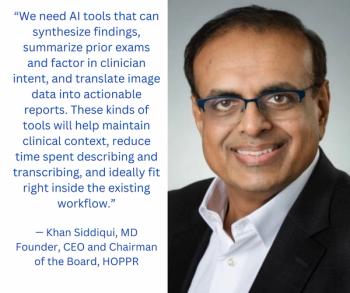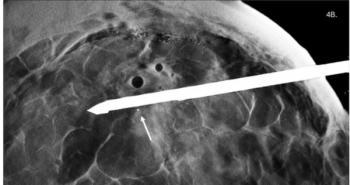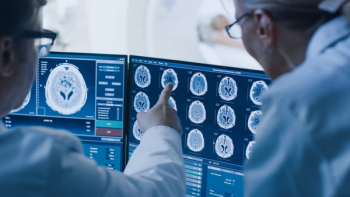
Eight Perspectives from Radiology Organizations on the Overturning of Roe v. Wade
In recently issued statements, different radiology organizations have offered perspectives on the physician-patient relationship and the potential impact of the Supreme Court’s decision to overturn Roe v. Wade.
In the wake of the Supreme Court’s June 24 decision in Dobbs v. Jackson Women’s Health Organization, a number of organizations in the radiology field have issued statements about the overturning of Roe v. Wade. Here are a few perspectives from those statements.
1. “As interventional radiologists, we are frequently called into cases where the life of a patient hinges on split-second decisions, including pregnancy-related cases. Physicians and patients should not worry that the decision being made bedside is in any way influenced by considerations other than the well-being of the patient whose life is in the physician’s hands.” – Society of Interventional Radiology1
2. “We are disappointed by the decision by the U.S. Supreme Court in Dobbs v. Jackson Women’s Health Organization, which endangers women’s lives and exacerbates health care inequities.” – Radiological Society of North America (RSNA)2
3. “We believe that the decision to overturn Roe vs. Wade is a threat to public and individual health and interferes with the doctor-patient relationship. In a democratic nation, health care decisions should be private and individual to patients and their caregivers.” – Society of Abdominal Radiology3
4. “The relationship between physicians and their patients is sacred; it must not be jeopardized by non-medical outside interference, including federal, state and local government intrusions beyond public health measures.” – American College of Radiology4
5. “By overturning the half century legal precedent, the (Supreme) Court is enforcing government intrusion into private reproductive health decisions.” – American Association for Women in Radiology5
6. “The resulting patchwork of state approaches unfortunately enables restrictive legislation in many states, undermining human rights, personal safety of pregnant people, and furthering healthcare inequity.” – Society of Abdominal Radiology3
7. “All patients, including pregnant patients, should have equal rights to bodily autonomy. The AAWR stands with other medical societies in our support of our patients. We will advocate for just laws that protect our patients and the physician-patient relationship.” – American Association for Women in Radiology5
8. “RSNA strongly supports evidence-based care, patient-physician privacy and autonomy and equal health care access for all. We urge lawmakers to enact policies that ensure safe, legal, and equitable access to comprehensive reproductive health services.” – RSNA2
References
1. Society of Interventional Radiology. The Society of Interventional Radiology issues statement on Dobbs v. Jackson Women’s Health Organization. Available at
2. Radiological Society of North America (RSNA). RSNA statement on Dobbs v. Jackson Women’s Health Organization decision. Available at:
3. Society of Abdominal Radiology. SAR statement on Dobbs v. Jackson.
4. American College of Radiology. ACR statement on recent events: the patient-doctor relationship must be preserved.
5. American Association for Women in Radiology.
Newsletter
Stay at the forefront of radiology with the Diagnostic Imaging newsletter, delivering the latest news, clinical insights, and imaging advancements for today’s radiologists.













